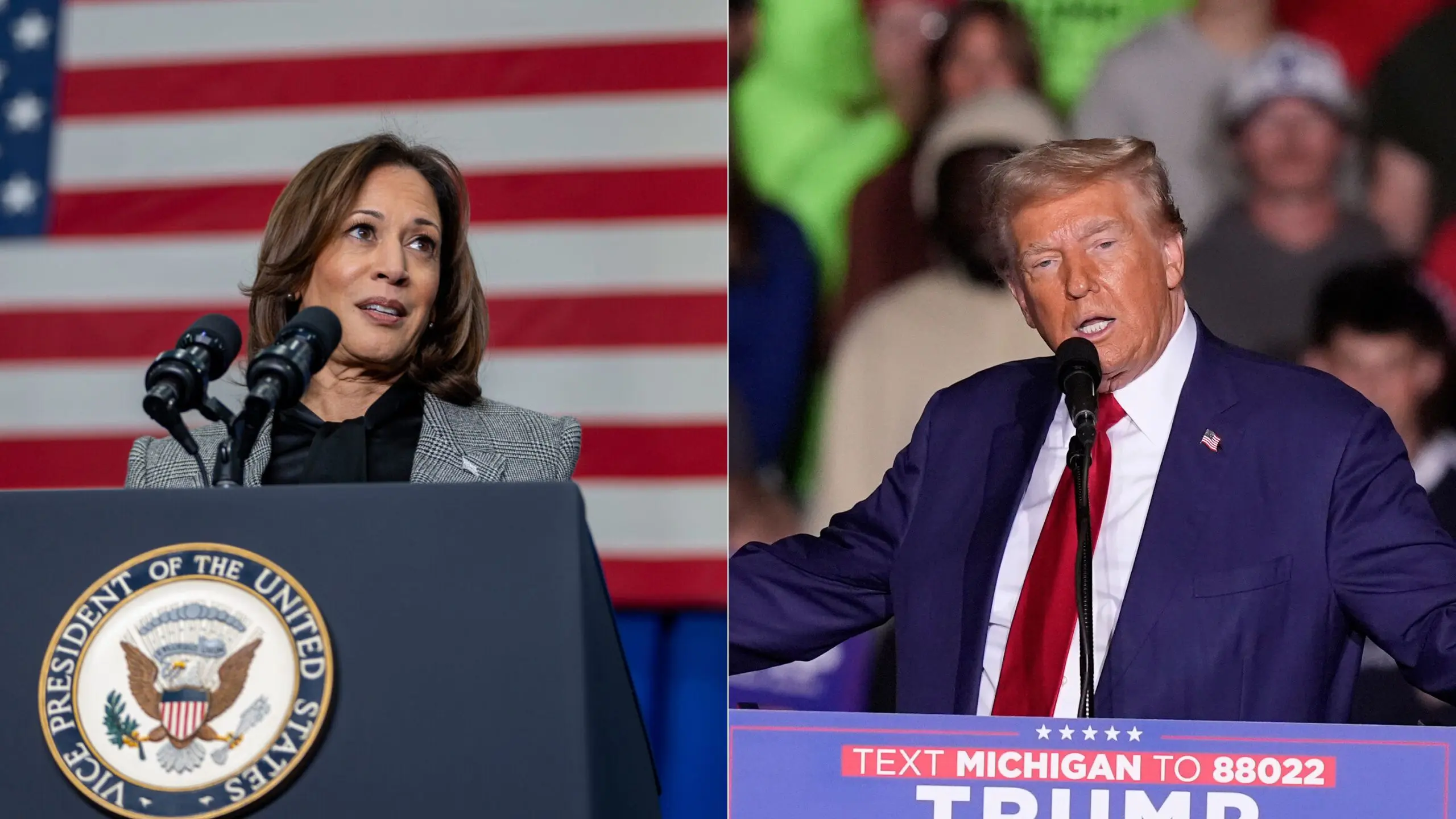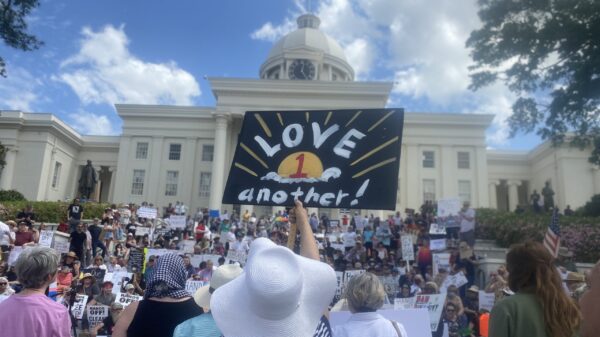With the U.S. presidential race just days away, the air across the nation is thick with tension. For some, there’s a creeping sense of dread; for others, it’s a heady optimism bordering on hubris. Yet neither side may have reason to feel so assured. This country has been down this path before, where close polling averages promised certainty — and delivered anything but.
Looking back, the 2000 election between George W. Bush and Al Gore stands out as a historic reminder. In one of the tightest contests, the polls had the candidates neck-and-neck until Election Day. After a dramatic recount in Florida and a Supreme Court ruling, Bush emerged victorious despite losing the popular vote.
Similarly, the Bush-Kerry matchup in 2004 kept Americans guessing until the last minute, with Bush narrowly taking Ohio and thus the Electoral College. Flash forward to 2016, and while polls favored Hillary Clinton nationally, Donald Trump won key swing states by razor-thin margins, securing the Electoral College while falling short in the popular vote.
History offers yet another lesson from 1960, when John F. Kennedy narrowly edged out Richard Nixon in both the popular vote and Electoral College after an equally unpredictable polling race. It’s enough to make even the most confident voter wary of early celebrations.
Now, with the question hanging in the air: Are we witnessing another round of “shy” Trump voters defying the polls, or have polling agencies adjusted enough to sidestep past mistakes? Both theories have some support, but as history shows, the truth often lies in the ballots themselves.
For those seeking certainties, Dave Roos’s work with the History Channel provides perspective, recounting elections where only a few thousand—or even a few hundred—votes determined the nation’s fate.
Take the election of 1824, a race that saw four contenders vying for the top job, all from the same party. With no candidate winning an outright majority, the decision fell to the House of Representatives. Ultimately, John Quincy Adams emerged victorious after intense backroom deals that left Andrew Jackson fuming. Jackson would later call the outcome a “corrupt bargain,” a term that still echoes in American political lore.
Then there was the 1876 race, where Republican Rutherford B. Hayes and Democrat Samuel Tilden were separated by just one electoral vote after contested returns in three Southern states. Amid allegations of voter suppression and ballot manipulation, the outcome rested on a controversial deal struck in Congress. Hayes clinched the presidency, but at a cost—he effectively ended Reconstruction, leading to decades of disenfranchisement for Black Americans in the South.
In each of these cases, the margin was slim, the stakes high, and the outcomes transformative. If history is any guide, it’s fair to say that no one should rest easy or declare victory just yet.
So whether you’re popping champagne or losing sleep, this year’s race is a reminder: until every vote is counted, no one can claim victory.



















































